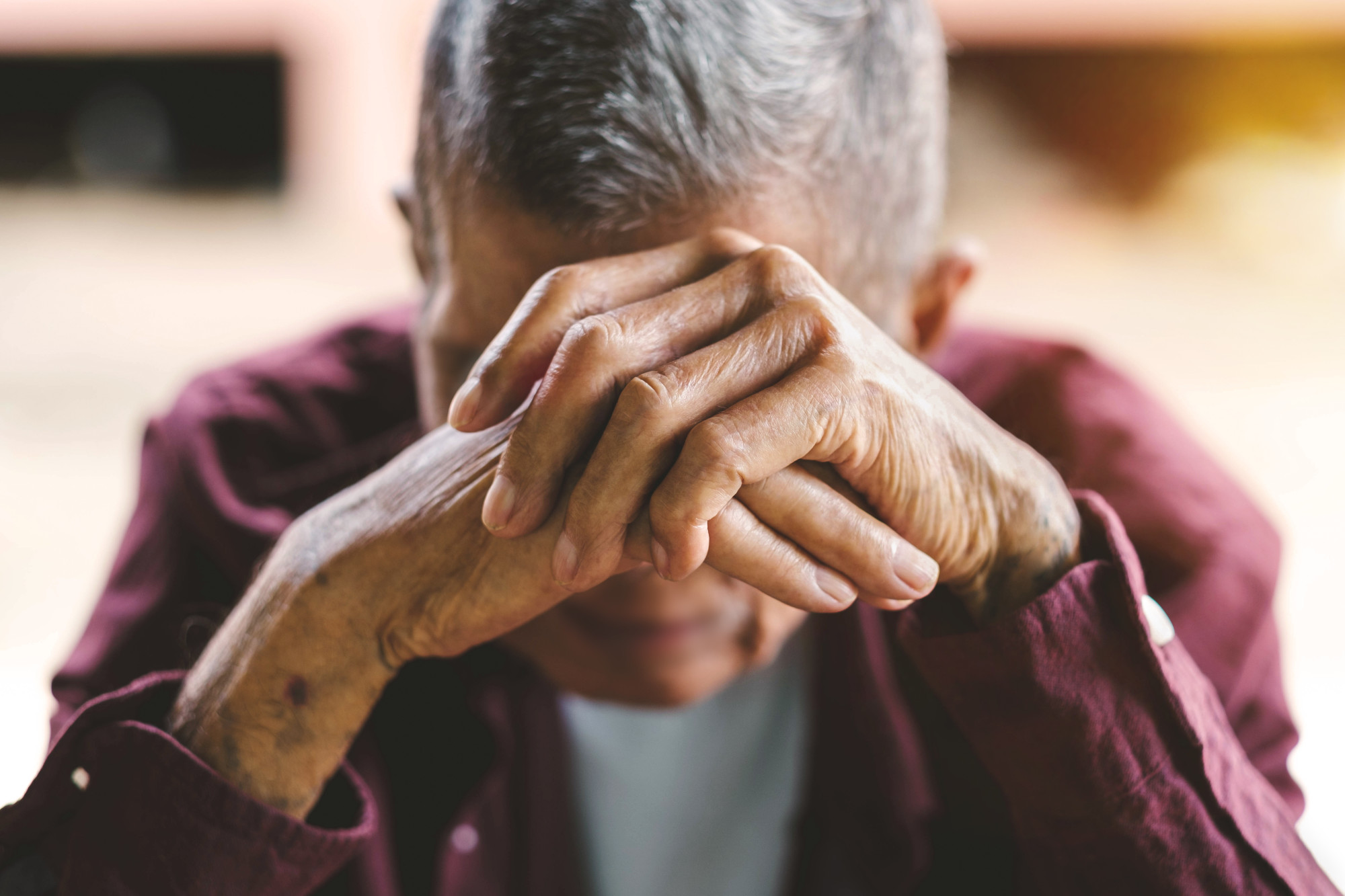Why New Zealand’s law lacks necessary detail to make a fully informed decision
 NewsHub 12 July 2020
NewsHub 12 July 2020
Family First Comment: There are so many crucial points made in this piece that it’s difficult to know which bit to highlight. So take the time to read it all!
As Rhona Winnington – a registered nurse, sociologist and lecturer at the Auckland University of Technology (AUT) – concludes:
“We need to safeguard our families and communities from these social consequences of assisted dying legislation. Vulnerable populations have to remain safe from persuasion to die and there has to be a supportive framework for those left behind after an assisted death, so they can grieve without feeling stigmatised.”
When New Zealanders go to the polls in September, they will also be asked to vote in a referendum on assisted dying.
Parliament already passed the End of Life Choice Act in 2019, but the referendum will decide whether it comes into force.
We will be asked if we accept or decline the right of people to seek an assisted death, without the need for consultation with family and with no stand-down period other than a requirement of 48 hours to prepare the medication. The act would allow people to choose when they die and by what means, whether the medication is self-administered or given by suitably qualified clinicians.
This appears an ideal scenario, affirming the right to choose, but it is a deeply profound decision for the public to make. Many may be unaware of issues beyond the goal of ending suffering for people with life-limiting conditions.
My research shows an assisted death can have repercussions for many people – those left behind or others struggling with a chronic disease. Experiences from countries where assisted dying has been legal for some time have highlighted these challenges.
Social consequences of assisted dying
In the Netherlands, assisted dying has been legal for 18 years. Over time, there have been notable slips in the criteria that have to be met. This includes the level of physical suffering, which is a subjective experience, and the requirement that people must be competent to agree to an assisted death at the point of administration. This may not be possible for people with dementia who have previously given written consent but can no longer consent at the point of death.
While the law hasn’t changed, its interpretation has, and people with mental illness can now also request an assisted death. Data from the Netherlands show one in 30 people now die by euthanasia, compared to one in 90 when the law was introduced in 2002.
In the US, some medical insurance companies pay for an assisted death but not for palliative care. This removes any notion of choice and autonomy from the person.
In Canada, where assisted dying has been legal for four years, the number of people seeking medical help to die has risen significantly, with figures more than doubling year on year. This has exposed unexpected consequences, such as fear of judgement for leaving family members unsupported after an assisted death and stigmatisation of clinicians, whether or not they support people choosing the time of their death.
READ MORE: https://www.newshub.co.nz/home/politics/2020/07/euthanasia-referendum-why-new-zealand-s-law-lacks-necessary-detail-to-make-a-fully-informed-decision.html






